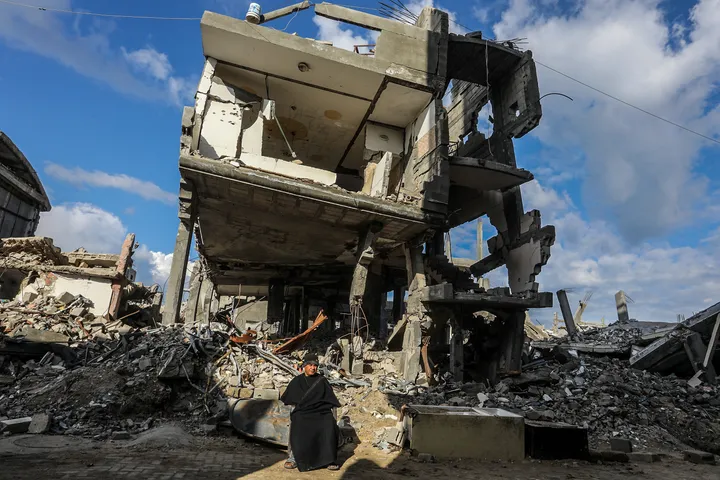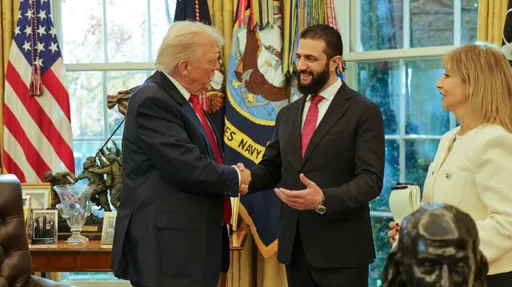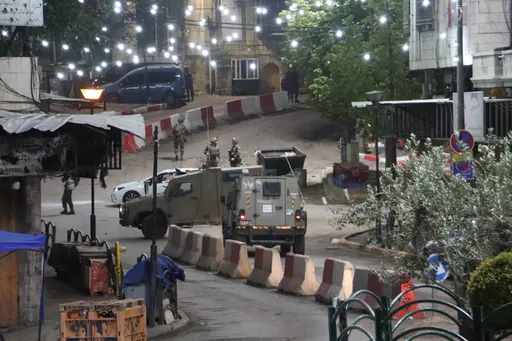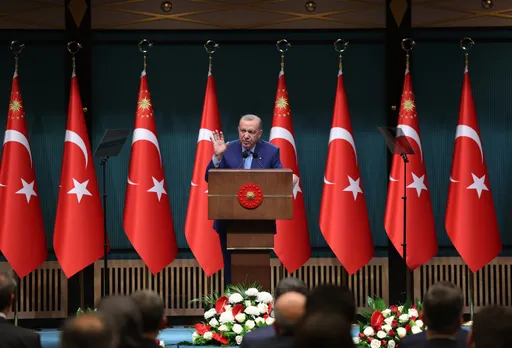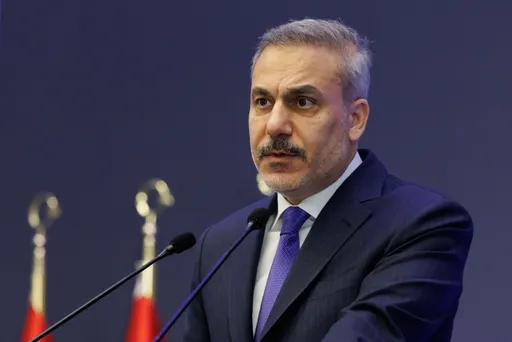At 1400 percent, Venezuela's inflation rate is highest in the world as the South American country struggles after years of political turmoil.
The plunge in the price of oil, which is the backbone of its economy, has exacerbated the financial crisis and made its currency, the Bolivar, almost worthless.
For instance, a 100 Bolivar note fetches only two US cents.
This has pushed Venezuelans to make use of the cryptocurrencies, which at least helps them to trade on the online markets.
"The ability to have a currency that functions in other countries because it's digital and gives you access to those markets is great." says Liliana Carvajal a Venezuelan administrator.
As Bitcoin mining has not been regulated in Venezuela, its users fear a government crackdown.
TRT World’sSourav Roy has more on this story.
What is Bitcoin?
Bitcoin, a virtual currency created from computer code, sprang up during the financial crisis about nine years ago by someone using the Japanese-sounding name Satoshi Nakamoto.
Its attraction, early proponents maintained, was that it offered a way to bypass banks and governments, and to conduct financial transactions more cheaply.
Every transaction is validated and recorded on a public ledger called a blockchain that is maintained by a network of computers.
While anonymous, the individual transactions are available for all to see on the internet.
They are secured by cryptography, the computerised encoding and decoding of data.
Unlike a real-world unit such as the US dollar or euro, bitcoin has no central bank and is not backed by any government.
Just like other currencies, bitcoins can be exchanged for goods and services – or for other currencies – provided the other party is willing to accept them.
Bitcoin's community of users control and regulate the currency, and the anonymity of transactions that endears it to libertarians has raised concerns that it can be abused by criminals.
The lack of transparency has also sparked concerns that the swings in its value may be due to speculative trading.
Bitcoin almost reached $5,000 at the start of September, but fell back sharply after the head of JP Morgan blasted the cryptocurrency as a "fraud" and as China forced exchanges to close down, sparking fears of a broader crackdown.
But after dipping below $3,000 in mid-September, Bitcoin has leapt in value by more than 75 percent in a month.




